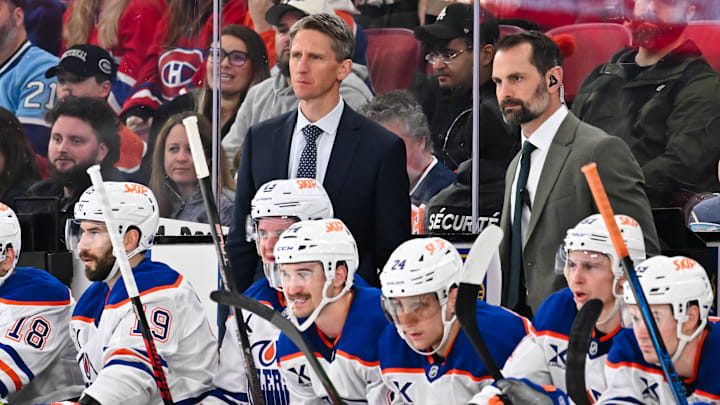Overtime completely changes in the playoffs
In an earlier piece, I touched on the regular-season overtime rules. However, things drastically change in the postseason.
During the regular season, teams play 3-on-3 for five minutes. If there is no winner, the game is decided via a shootout. That changes in the postseason.
In the playoffs, teams play 5-on-5 for 20 minutes per overtime period. Teams must play until someone scores a “golden” or “sudden death” goal. Basically, NHL overtime hockey is “next goal wins.”
Some playoff games go into double and triple overtime. The modern record for the longest playoff is a five-OT matchup between the Philadelphia Flyers and Pittsburgh Penguins in 2000.
The longest overtime playoff game the Edmonton Oilers have played was in 1999 when the Dallas Stars defeated the Oilers 3-2 in Game 4 of the first round. The Stars swept the Oilers in that series.
Before that, the Oilers played a 3OT game versus the Boston Bruins in 1990. The Oilers outlasted the Bruins 3-2 in Game 1 of the Stanley Cup Final. I recall watching that game when I was a kid. The game had gone off for so long, that the power went out at the old Boston Garden. The players sat on the bench waiting for the crew to get the power back.
There’s a scene of Bruins’ goalie Andy Moog sitting on the ice in the dark like he was a kid sent to the corner for a timeout. When play resumed, Petr Klima scored the winner. The Oilers, led by Mark Messier, won their fifth and final cup with the core (minus Wayne Gretzky) that dominated the 1980s.
In conclusion, playoff hockey is the most exciting event of any sport. I’m a baseball fan, too, and I can attest to memorable World Series. But that’s just one event. The NHL playoffs are two months of unique moments that last a lifetime.
